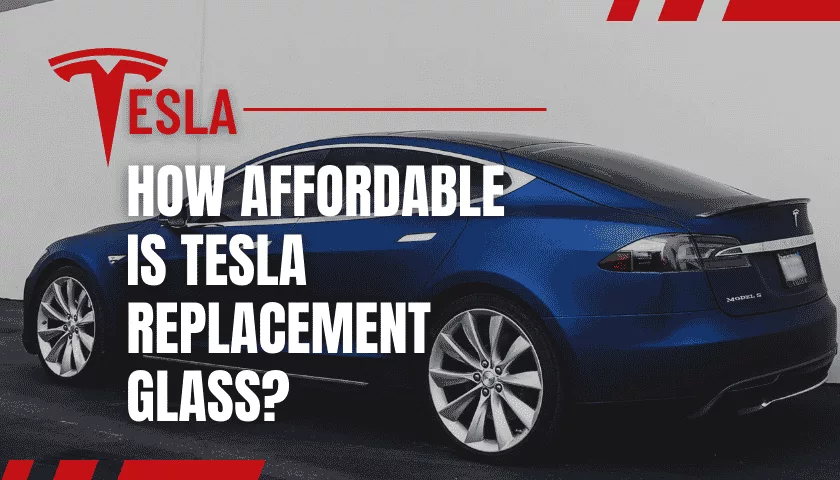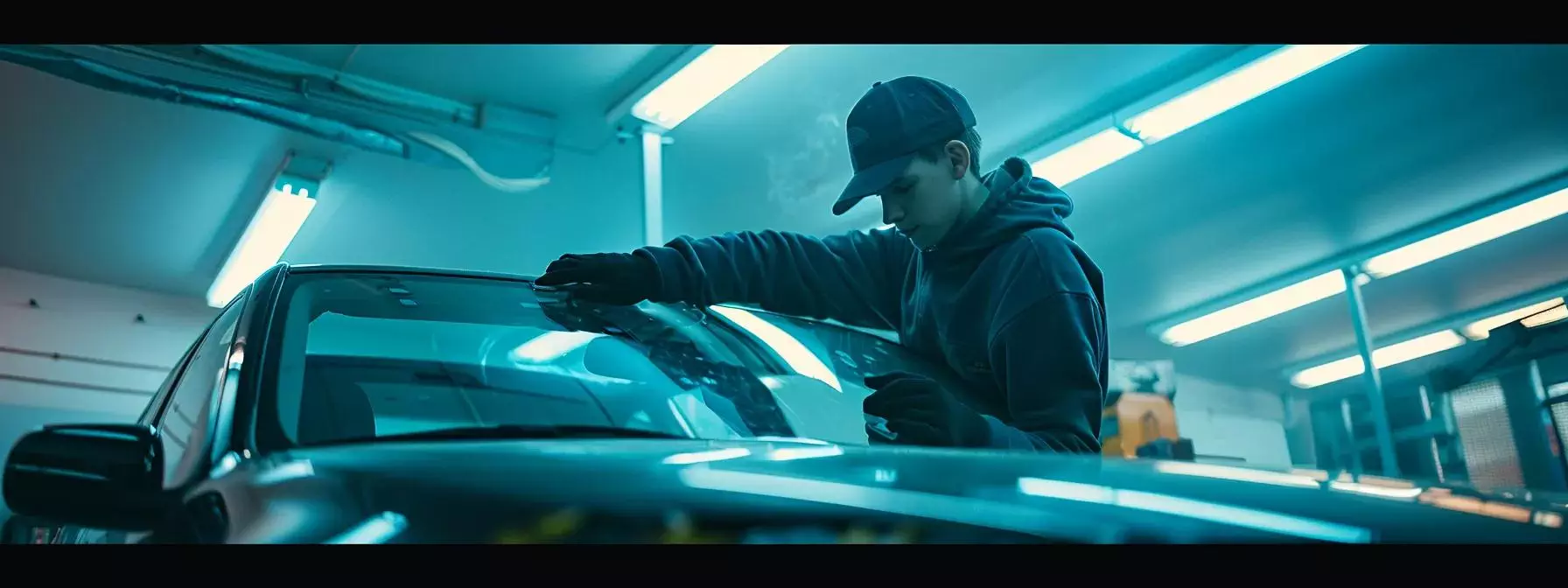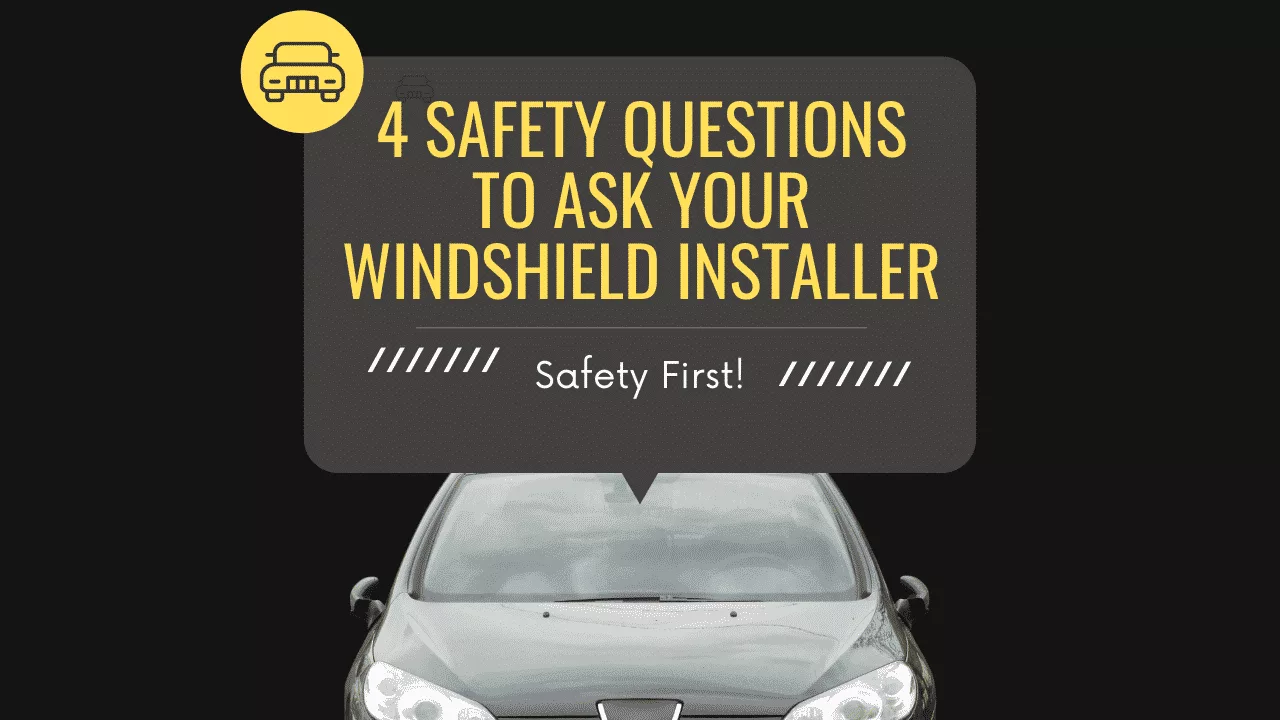
What Is The Best Type of Windshield for Your Car?
There are three types of windshields to consider when requesting a glass replacement for your vehicle. You can choose from “Dealer,” “OEM,” or “Aftermarket” glass. So which is best for your car? Most glass shops will typically install OEM glass since it is rated the same as manufactured. We’ve provided more information below to help you make the best decision when having your windshield replaced.
3 Different Types of Windshields Explained
Dealer Auto Glass
To purchase dealer glass, you’ll need to contact a dealership authorized by the vehicle manufacturer to service your car. This auto glass is from the same distributor that manufactured your original auto glass and will generally have the make of the vehicle stamped on it.
OEM Auto Glass
Original Equipment Manufacturer glass has the exact specifications as dealer glass. For example, Ford, Toyota, Nissan, and Chrysler products are the same color, durability, thickness, size, and shape as the original windshields installed by the manufacturer. Likewise, windows labeled “OEM” are identical to dealer glass, but each is from a different manufacturing plant.
As a result, OEM glass can save you money over Dealership glass and offers the same safety and specs needed to maintain your car’s structural integrity.
Aftermarket Automotive Glass
Due to licensing and copyright laws, companies that do not have legal rights to manufacture auto glass to the exact specifications as distributors fall in this category.
Aftermarket auto glass is significantly cheaper than original equipment manufacturer or dealer parts. However, it’s usually a different thickness than other glass. As a result, most dealers will not accept aftermarket glass when you return a leased vehicle because it’s not equivalent or may differ too much from the original design.
Can an Aftermarket Windshield be Installed On a Lease Vehicle?
One thing to keep in mind, most automakers will not accept aftermarket car glass when you return a leased vehicle because differences between OEM specifications are usually too significant. So make sure before installing any automotive glass that you have enough time remaining on your lease agreement (or at least one year), then go ahead with the installation process.
Generic or off-brand is less expensive, but the downside is they’re typically thinner and less durable.
Glass from Original Equipment Manufacturers like PPG has design specifications matching the car’s original design specifications, thicker and more durable, providing better protection to the driver and passengers during a collision.
Dealer glass from a licensed automotive dealer (ex: Volkswagen) is designed by an OEM manufacturer for that specific car make and model, which means you can expect to pay more than either generic or aftermarket windows.
In other words, if you are looking to save money, go with a generic or aftermarket windshield. However, installing OEM glass will maintain the original integrity of your vehicle’s windshield.
Ready to speak with a shop to schedule your repair? If not, our site also provides additional resources to help with research on the average windshield cost. In addition, our replacements and industry-certified installers are standing by to offer assistance with questions you may have on the types of windshields for your car or insurance options available. So contact us today and see the difference our company and people make. We guarantee you’ll be happy after we replace the broken window.



